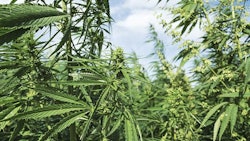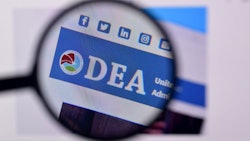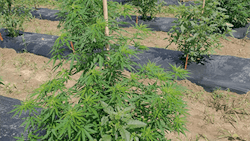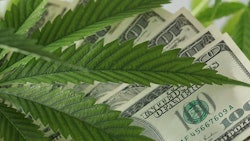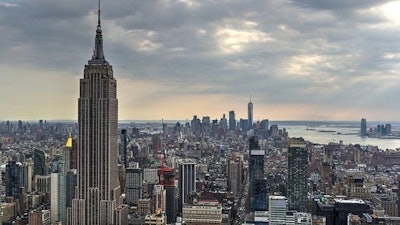
New York is the latest state to carve out a framework for cannabinoids as the industry waits on broader guidance from the U.S. Food and Drug Administration (FDA).
On Oct. 26, the New York State Department of Health (DOH) released a 63-page document laying out regulations for food, beverages and dietary supplements containing cannabidiol (CBD) and other hemp-derived cannabinoids for human consumption. The proposed regulations cover the supply chain from processing to retail.
Public comments for the proposed regulations will open Nov. 10 and close Jan. 11, 2021.
While industry groups are calling the regulations a step in the right direction for the New York hemp industry, the proposed rules contain several points of contention: namely, a ban on the sale of hemp flower in the state. (The regulations do, however, still permit vaping.)
“While some of the rules serve processors - by expanding markets and standardizing quality and transparency requirements in the supply chain - it all but closed out small farmers, many of whom are literally in the field now harvesting their hemp crops,” says a press release from the New York Cannabis Growers & Processors Association (NYCGPA).
NYCGPA, a coalition representing cannabis farmers, manufacturers and businesses around the state, has been outspoken in its push for the state to release CBD regulations since the Hemp Extract Bill took effect in May, which gave the state DOH authority to create regulations around CBD.
In a press release, the NYCGPA calls the proposed rules “one of the most restrictive regulatory structures for hemp extract products in the nation.” Joy Beckerman, principal of Hemp Ace International and an industry veteran, however, says the regulations are "sophisticated" and demonstrate the "understanding of a lot of complexities involved in this industry."
The regulations impose a 25-milligram cannabinoid limit per food and beverage product, as well as a 3,000-milligram cannabinoid limit for dietary supplements—limits Beckerman says she is pleased to see.
"That is really New York truly encouraging the responsible growth of this promising industry in their state and in the U.S. and really leading an exceptional example because of the good manufacturing practices [GMP] and all the other guardrails in place," Beckerman tells Hemp Grower.
The DOH also set up a licensing and fee structure for different entities along the supply chain. Cannabinoid hemp processor applications cost $1,000, and applications to only manufacture (not extract) cannabinoid hemp cost $500. If those are approved, two-year licenses for processors cost an additional $4,500, and two-year licenses for only manufacturing cost $2,000.
Any person selling cannabinoid hemp must be licensed as well. These applications cost $300 per location and website address, and each license is valid for a year.
Notably, while finished CBD products must contain no more than the federal 0.3% THC limit, intermediary hemp extract may contain up to 3% THC, so long as it is only being handled by licensed processors. (On the federal level, the U.S. Drug Enforcement Administration (DEA) is being sued for its recently proposed hemp rules, which some have interpreted to suggest that intermediary hemp, which often experiences temporary spikes in THC levels, must fall under the 0.3% THC limit as well.)
The regulations also establish labeling and testing requirements for CBD products. Label requirements include indicating which state (or country) the hemp came from in each product.
“The issuance of these regulations will further help operators in New York who have been committed to quality, safety, and compliance. We thank the Department of Health for releasing them and allowing the industry time to provide feedback,” NYCGPA President Allan Gandelman said in the press release. “However, I share in the frustration of our members and the hundreds of growers throughout the state who have spent significant resources in harvesting their crop this year that hemp flower will not be allowed for sale. The NYCGPA is committed to rectifying this through the public comment process.”










